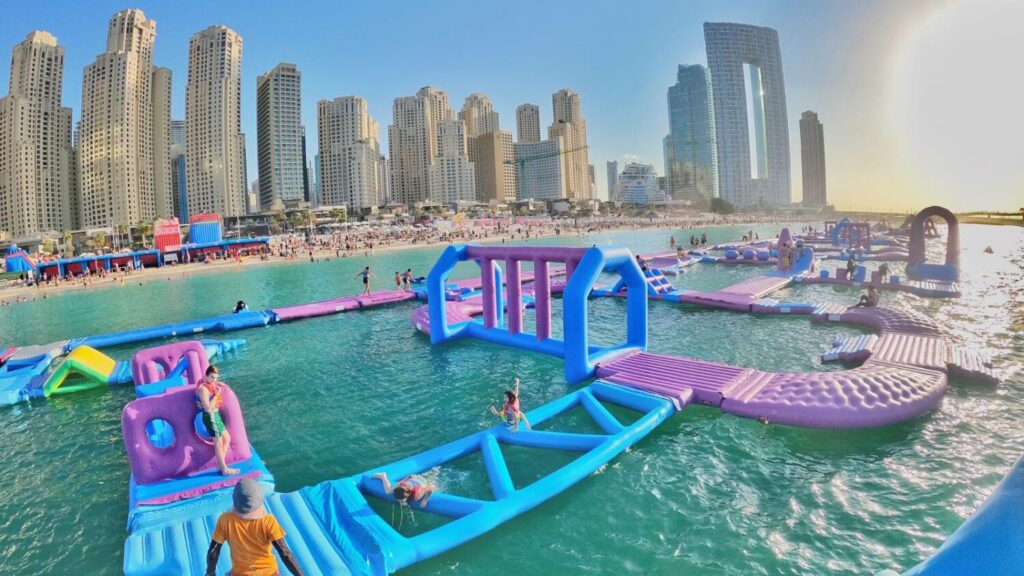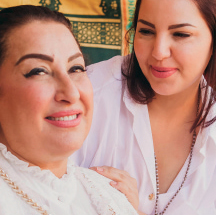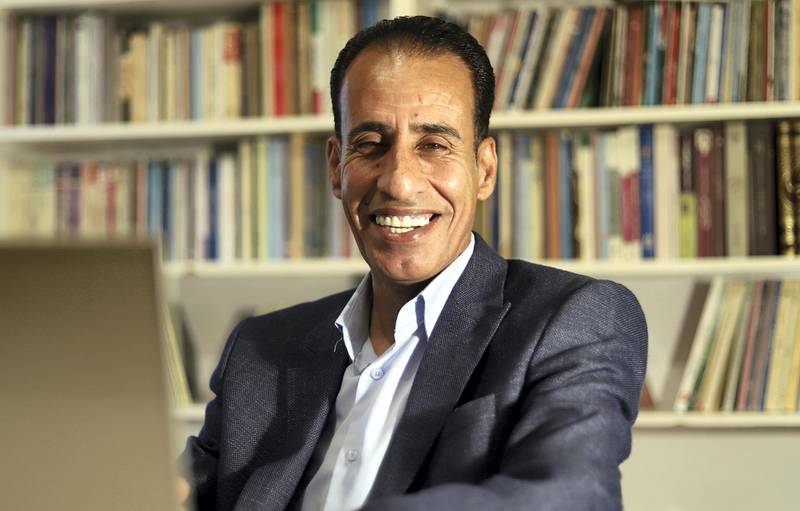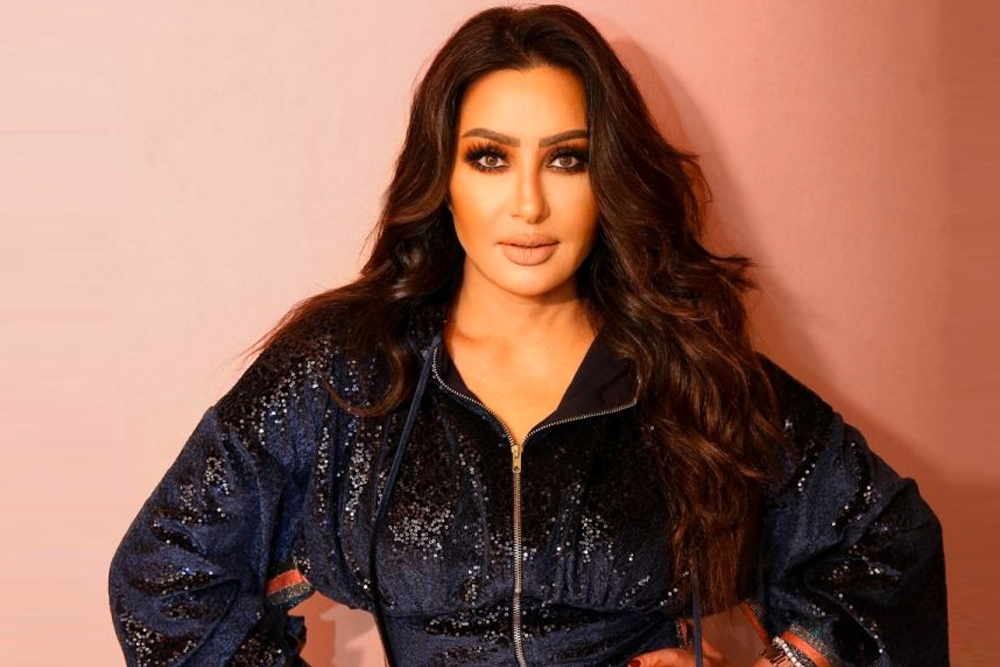Egyptian Producer and director Marianne Khoury was awarded France’s Legion of Honour in the degree of Chevalier (Knight).
The award was given to Khoury by the Ambassador of France to Egypt in Cairo Marc Baréty. The Legion of Honour is the highest French decoration and one of the most famous in the world. For two centuries, it has been presented on behalf of the Head of State to reward the most deserving citizens in all fields of activity.
It is highest French decoration, one of most famous in world.
Born in 1958, Khoury is a graduate of economics from both Cairo and Oxford Universities. She has directed and produced films on controversial issues such as identity, memory, and social exclusion. Khoury, who is the niece of late great Egyptian director Youssef Chahine, is a managing partner in prominent Cairo-based Misr International, one of Egypt’s production companies, which Chahine founded.
She is also a co-founder of the Panorama of The European Film. She directed her first documentary, ‘The Times of Laura’ in 1999. She then worked on ‘Women Who Loved Cinema’ in 2002 and ‘Shadows’, which tackles personal and social perceptions of the mentally ill.
Shadows premiered at the Opening of the Venice Film Festival in 2010 and won the FIPRESCI award at the Dubai Film Festival of the same year and the Italian television Rai Award in 2011 at the International Festival of Mediterranean Documentary and Current Affairs Films.
She also produced and directed ‘Let’s Talk’ in 2019, which received the Audience Award at the 41st Cairo International Film Festival. Very personal in character, the film is a conversation between her and her daughter about ordinary things in life: Death, life, illness, identity, marriage, etc.
source/content : dailynewsegypt.com
__________
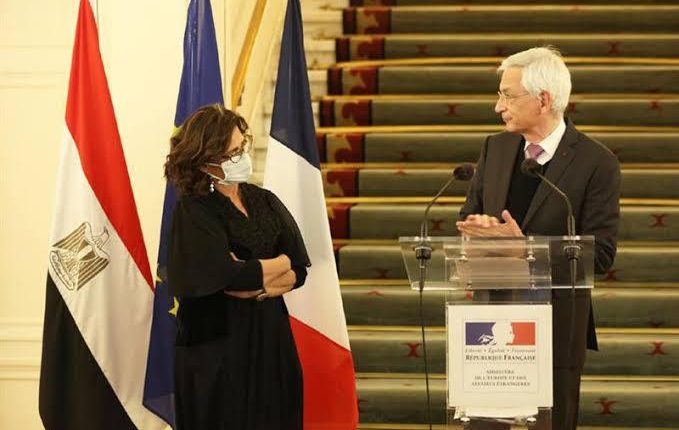
________
EGYPT
